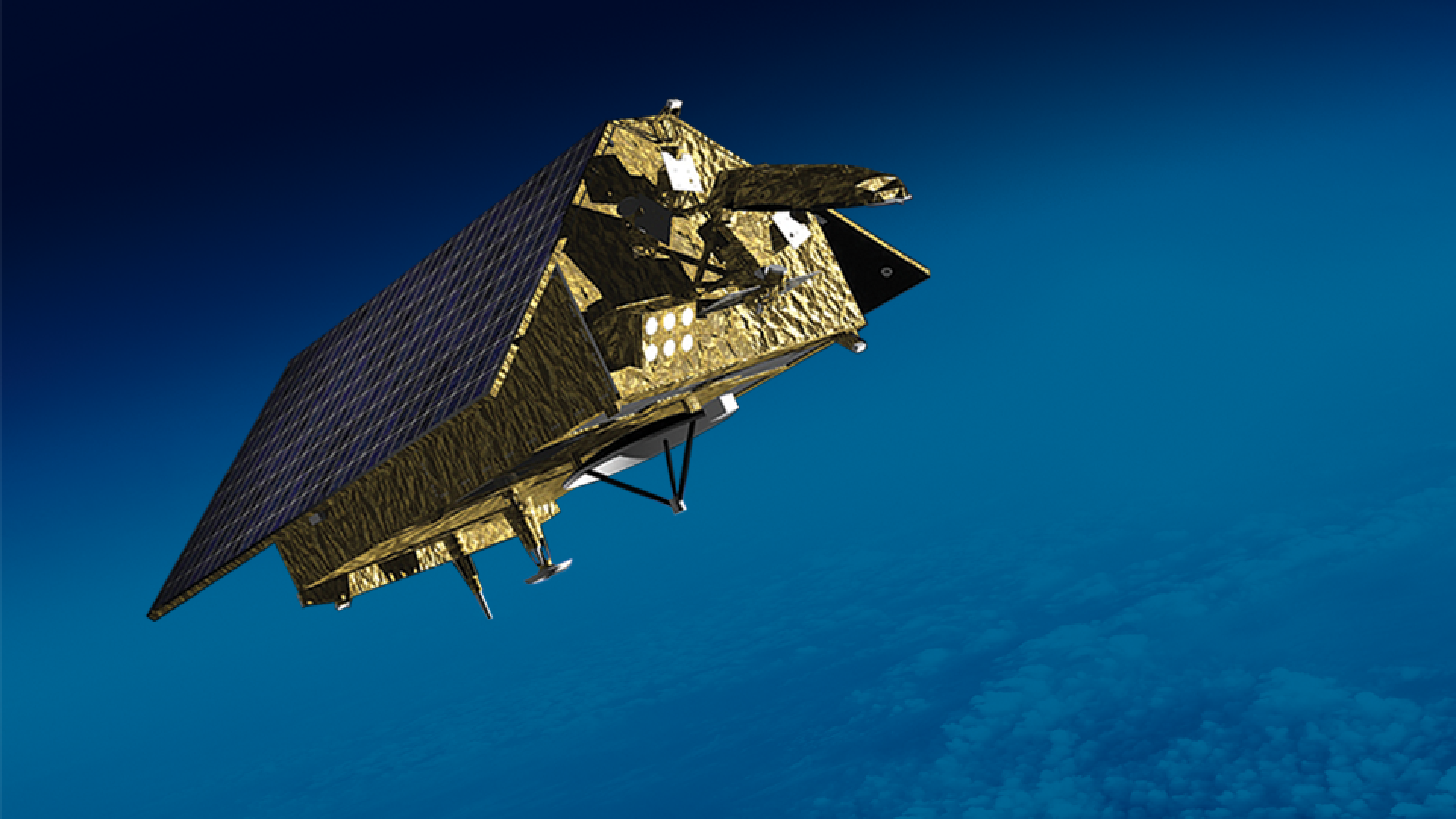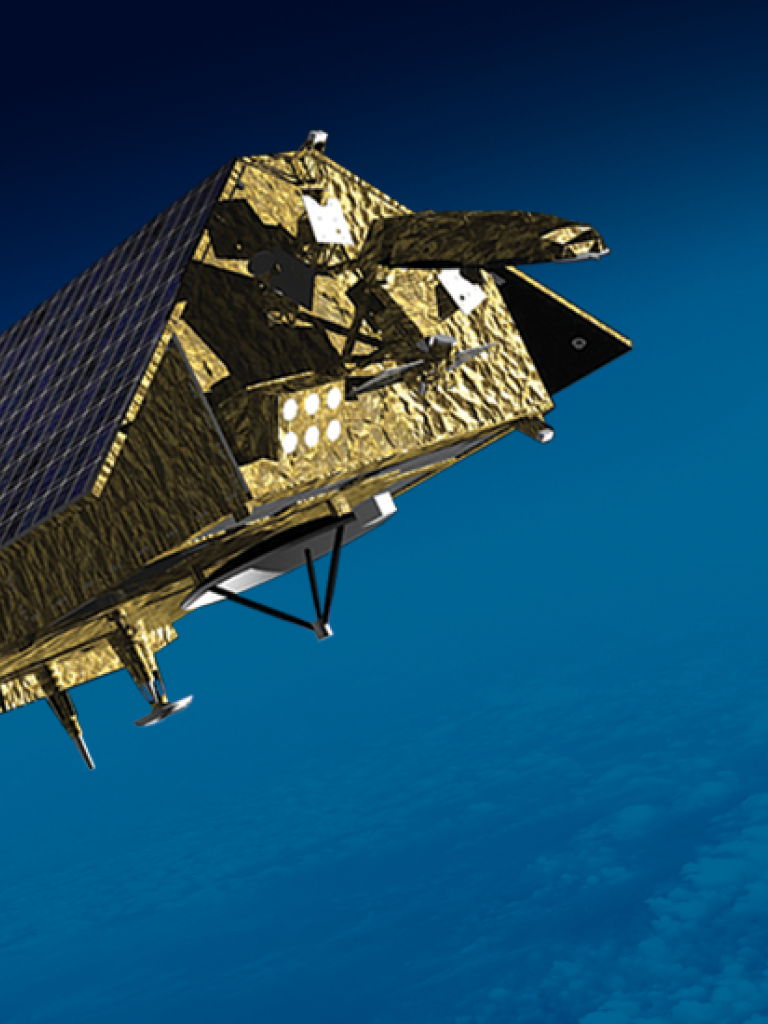
Jason-CS Programme enters into force – two months ahead of COP 21


The Jason Continuity of Service (Jason-CS) optional programme of EUMETSAT entered into force on 9 September 2015, based on the subscriptions from 12 Participating States (Austria, France, Germany, Iceland, Italy, Luxembourg, The Netherlands, Portugal, Sweden, Switzerland, Turkey and the United Kingdom). More EUMETSAT Member States are expected to join the programme in the next 12 months to bring the level of subscriptions from 90 to 100%.
05 November 2024
11 September 2015
The EUMETSAT optional Jason-CS programme is EUMETSAT’s contribution to the development and implementation of the collaborative high precision ocean altimetry Jason-CS/Sentinel-6 mission , involving also ESA, the European Union through its Copernicus programme , and the United States, through NASA and NOAA.
The approval of this EUMETSAT programme is excellent news two months ahead of the COP 21 climate conference hosted by France in Paris from 30 November to 11 December 2015. Indeed, the Jason-CS/Sentinel-6 collaborative mission will extend at least until 2030 the unique record of mean sea level measurements accumulated since 1992 by the Topex-Poseidon, Jason, Jason-2 and Jason-3 altimeter missions, thus providing vital information data to the Small Island Developing States and other countries exposed to sea level rise.

In addition, the mission will - together with the CopernicusSentinel-3 marine mission also exploited by EUMETSAT - support the development of operational oceanography in Europe.
After approving Meteosat Third Generation in 2011 andEPS-Second Generation in June, the EUMETSAT Member States have now approved the three programmes required to ensure continuity and enhancement of critical observations from three different orbits, from 2020 onwards.

